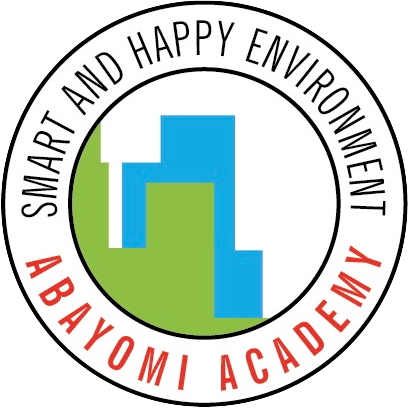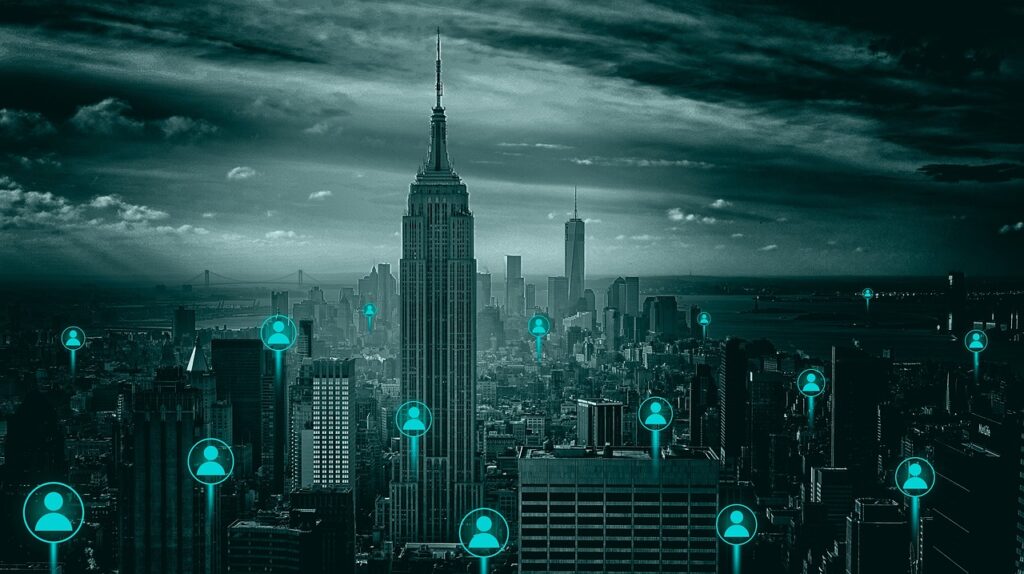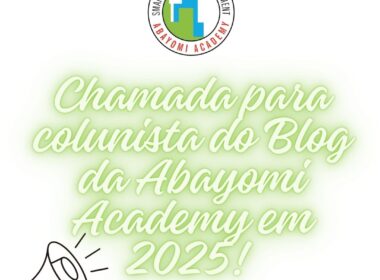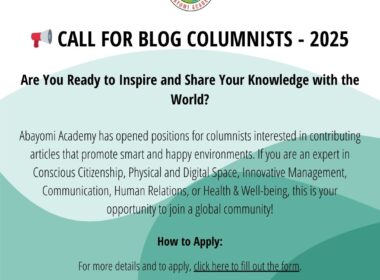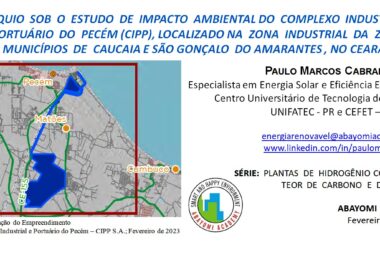Effective Strategies for Professional Work Groups and Leadership Training: A Guide for High-Performing Organizations
By Eduardo Platon
In the dynamic landscape of professional development and organizational growth, the strategic formation of work groups and the implementation of robust leadership training are crucial. Drawing on my extensive experience across diverse sectors, I will outline practical strategies and share real-world examples that have driven success in various organizations I’ve been involved with.
Establishing Clear Objectives and Roles
A critical step in building successful professional work groups is to clearly define objectives and roles. This approach was particularly effective during my involvement with Odebrecht Foundation and Grupo Rede+, which supports high-performing non-profits, startups, and small ventures in scaling their operations. By assigning specific roles and aligning them with the group’s goals, we enhanced operational efficiency and maximized the impact of our initiatives.
Fostering a Culture of Open Communication
The backbone of any successful team is open communication. My time with MAB (Movimento Avança Brasil) and NOVO taught me the value of transparent communication among community leaders, entrepreneurs, industry players, government officials, and other stakeholders. This not only made collaborations smoother but also created an environment conducive to the birth of innovative ideas.
Implementing Tailored Leadership Training
Effective leadership training should cater to the specific needs of its participants. At CONAJE (Confederação Nacional de Jovens Empresarios) and the G20 Young Entrepreneurs Alliance, we crafted leadership programs tailored to young entrepreneurs. This bespoke approach equipped them with the necessary tools to tackle the unique challenges of today’s business world.
Encouraging Diversity and Inclusion
Embracing diversity and inclusion enriches a team with a variety of ideas and perspectives. My collaboration with the Brown School at Washington University in St. Louis and the Hispanic Chamber of Commerce of Metropolitan St. Louis underscored the power of diversity. By integrating individuals from different backgrounds, we approached problems with a wider lens, leading to more comprehensive solutions.
Continuous Feedback and Improvement
The key to maintaining the effectiveness of work groups and leadership training lies in continuous improvement. Serving as a judge on the Arch Grants / Growth Grants Committee and the Little Angels Foundation, I saw the transformative power of constructive feedback. Regular assessments and adjustments based on this feedback kept our strategies relevant and impactful.
Utilizing Technology and Innovation
In our digital era, technology plays a pivotal role in enhancing the efficiency and scope of work groups and training programs. My work in renewable energy projects demonstrated that technology not only simplifies processes but also acts as a catalyst for innovation.
Conclusion
The strategies outlined in this article are grounded in practical experience and proven successes from my career. By setting clear objectives, promoting open communication, customizing leadership training, embracing diversity, encouraging continuous feedback, and leveraging technology, organizations can significantly improve their team dynamics and leadership capabilities. These principles are essential for any organization striving to excel in today’s competitive global market.
At my new venture, DMKC (Diverse Minds KC), I draw from all these sources and previous experiences in my career to create impactful digital solutions. Additionally, my work at Global Ties KC advances person-to-person diplomacy by fostering quality relationships with a pool of talents on both a national and global level. This guide not only meets the high expectations of a highly educated audience but also provides actionable insights that can be applied across various organizational contexts, countries, and levels of organizational maturity ensuring readiness for the challenges of modern business environments.
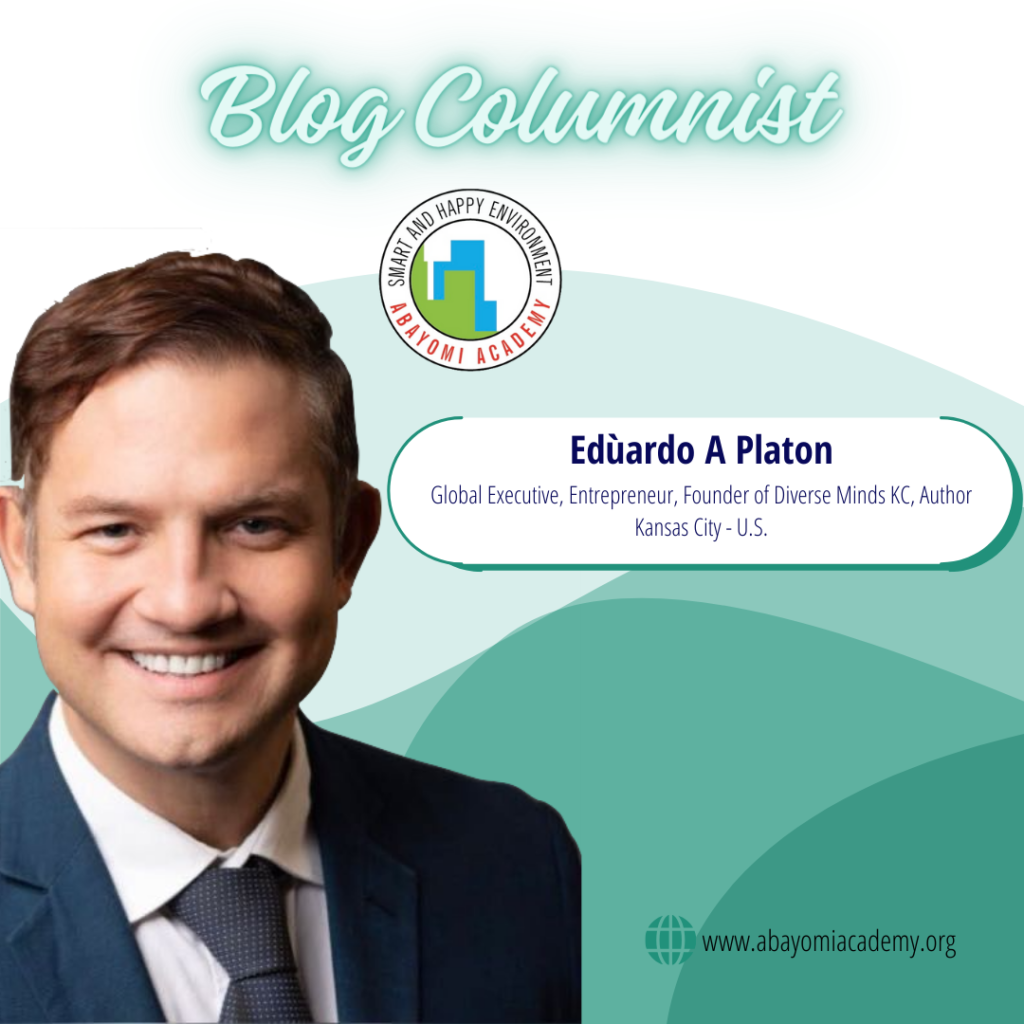
About the Columnist
Edùardo A. Platon, founder of Diverse Minds KC, is a pioneer in cultural and economic integration across North and Latin America. Platon’s innovative and passionate efforts aim to build a thriving, mindful, diverse world. For more information, visit Eduardo’s LinkedIn profile and leave a comment.
